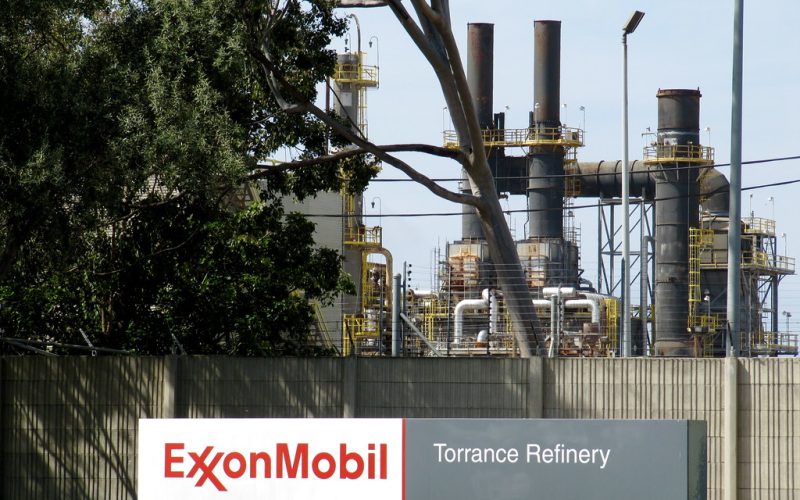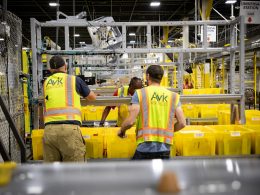The move to a greener economy is worth £71 billion and has brought jobs and investment to parts of the UK that have been losing manufacturing jobs.
These are the most important points from a new report by the Confederation of British Industry (CBI).
It says that more than 20,000 businesses are working to reach net zero emissions.

It also says that about 840,000 jobs are linked to things like renewable energy and waste management.
The report, called Mapping The Net Zero Economy, looked at the parts of the UK that have gotten the most out of policies meant to cut down on greenhouse gas emissions.
Scotland and English regions like Tyneside, Teeside, Merseyside, and the Humber had all done better than average, with the green economy being stronger and contributing more to growth than in London and the South East.
The report also says that green jobs pay much more, with an average salary of £42,600, which is much higher than the national average of £33,400.
“The net zero economy is a solution to leveling up and the UK’s productivity problem,” says Peter Chalkley, director of the Energy and Climate Intelligence Unit (ECIU), which paid for the research.
“But we will lose out and lose jobs if the UK doesn’t build on the good work that has already been done.”
The UK has been thought of as a leader in green technology, especially offshore wind, for a long time, but this status is in danger.
“Other places (in the world) are really setting up their stalls for how they’re going to get that investment,” says Tom Thackeray, who did the analysis for the CBI. He also says that there is now a “global competition” for green funding.
Analysts say that the Inflation Reduction Act (IRA), a landmark law passed in the US last year, has changed the way green investment works around the world. The Bill sets aside $369 billion (£297 billion) for actions to fight climate change, and many companies now see the US as the best place to invest their money.
“Since the IRA, there’s a lot of excitement about the US,” says Chris Stark, the head of the Climate Change Committee, which advises the UK government on its green policies. “The challenge for us is to bring that excitement back to the UK.”
Last month, Tory MP Chris Skidmore’s Mission Zero report said that the UK was falling behind in the race to net zero, which supports the idea that the UK is losing steam.
Mr. Skidmore said that the private sector wasn’t investing as much as it could because planning rules for onshore wind and solar were too strict and policies weren’t consistent.
Emma Pinchbeck, the head of the trade group Energy UK, says, “We really need to speed up planning and approval for renewables, network connections, and vehicle charging.”
“Building a wind farm in this country takes 12 years, when it should only take one.”
In response to the report and the policy criticisms, a government spokesman said that the UK was the world leader in fighting climate change.
They said, “Our plans will support up to 480,000 jobs by 2030.” “We are getting the private sector to invest an unprecedented £100 billion by 2030, and the government has given us around £30 billion since March 2021 to help us reach our goals.”












